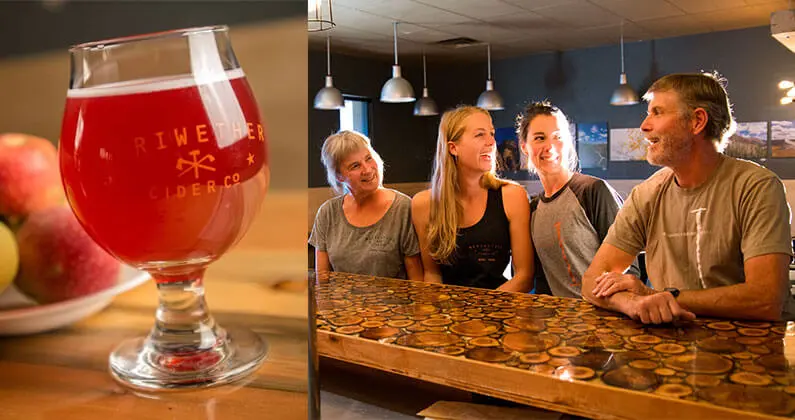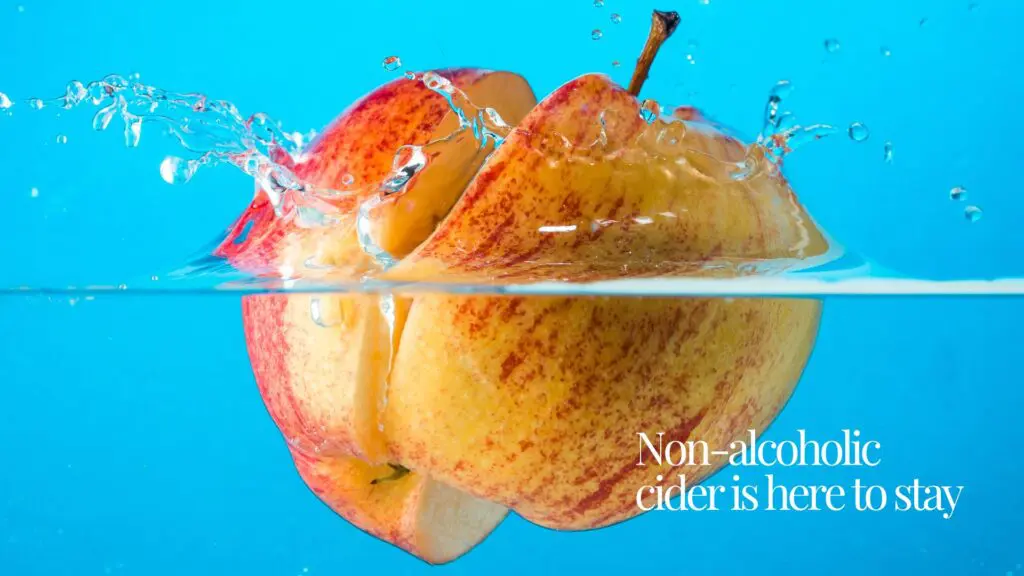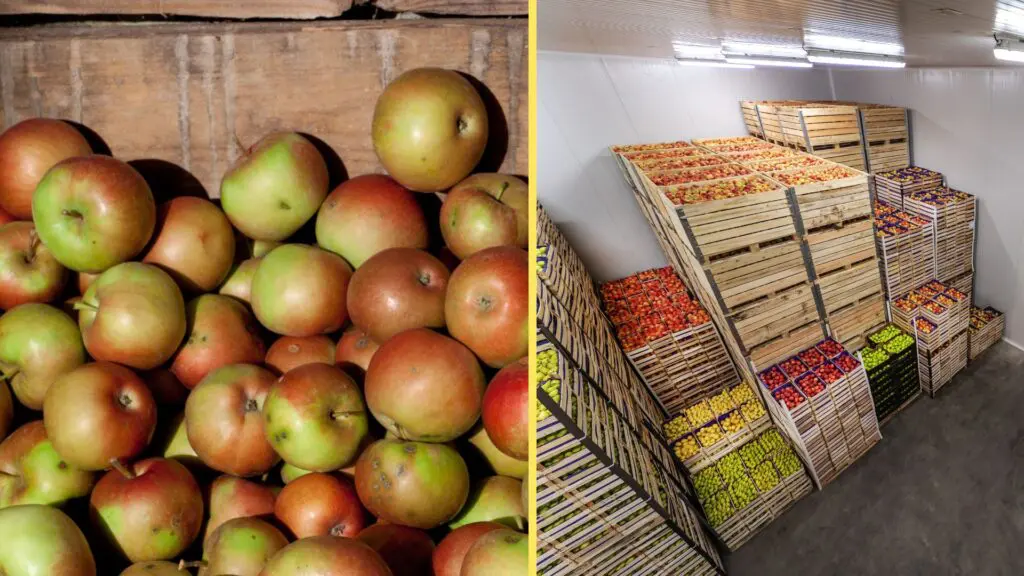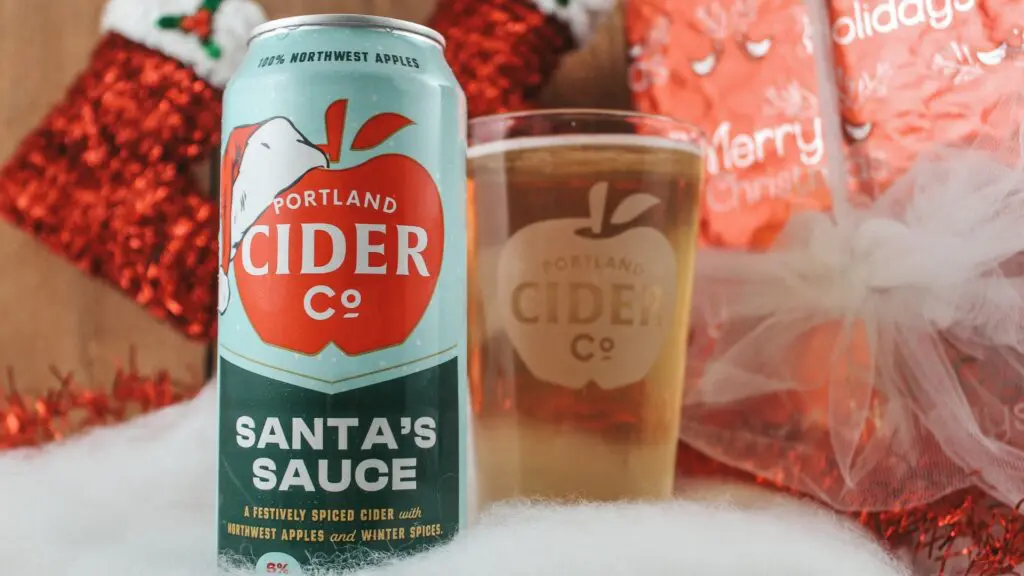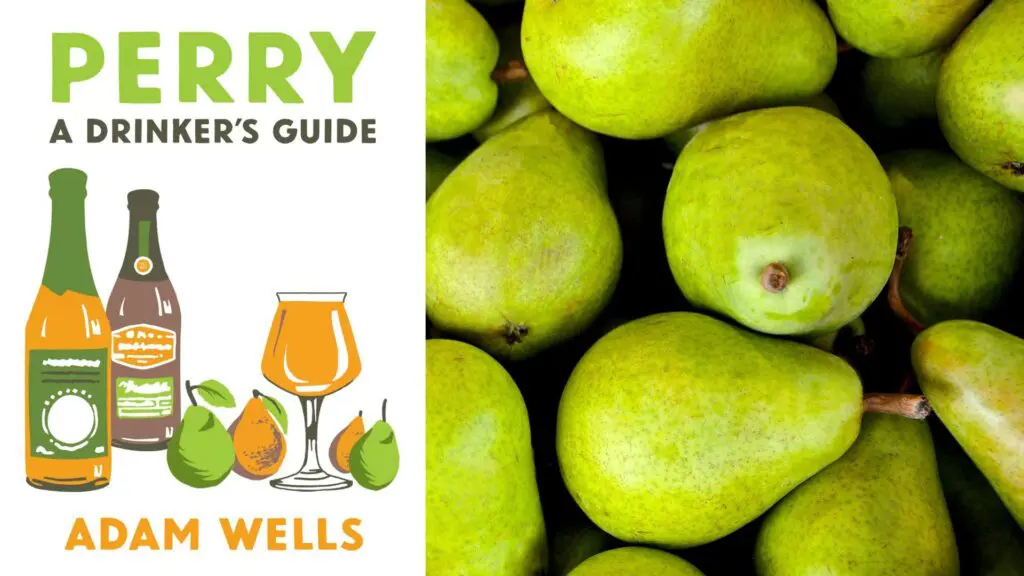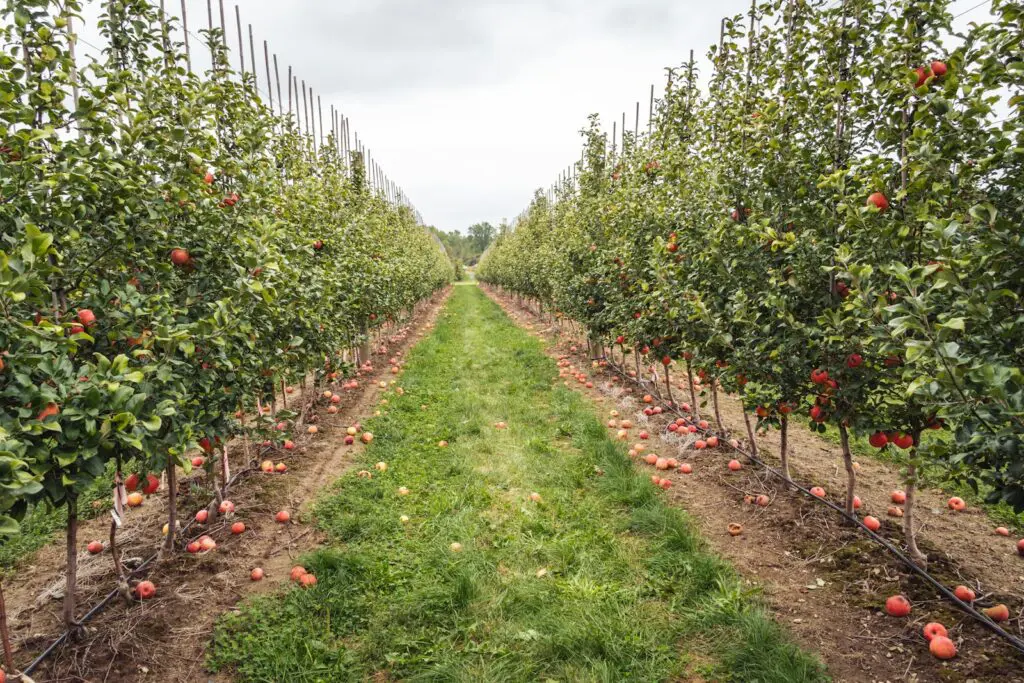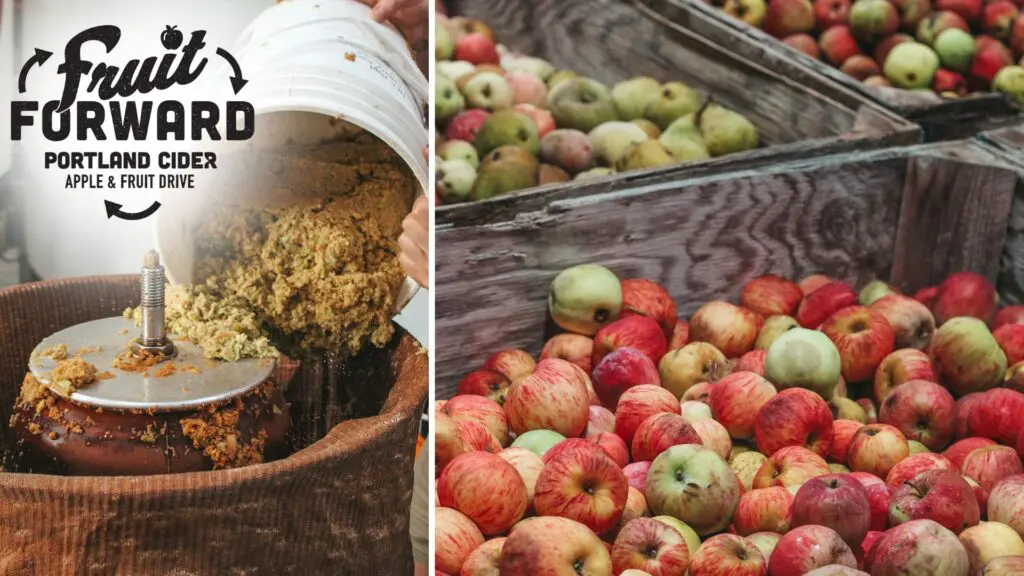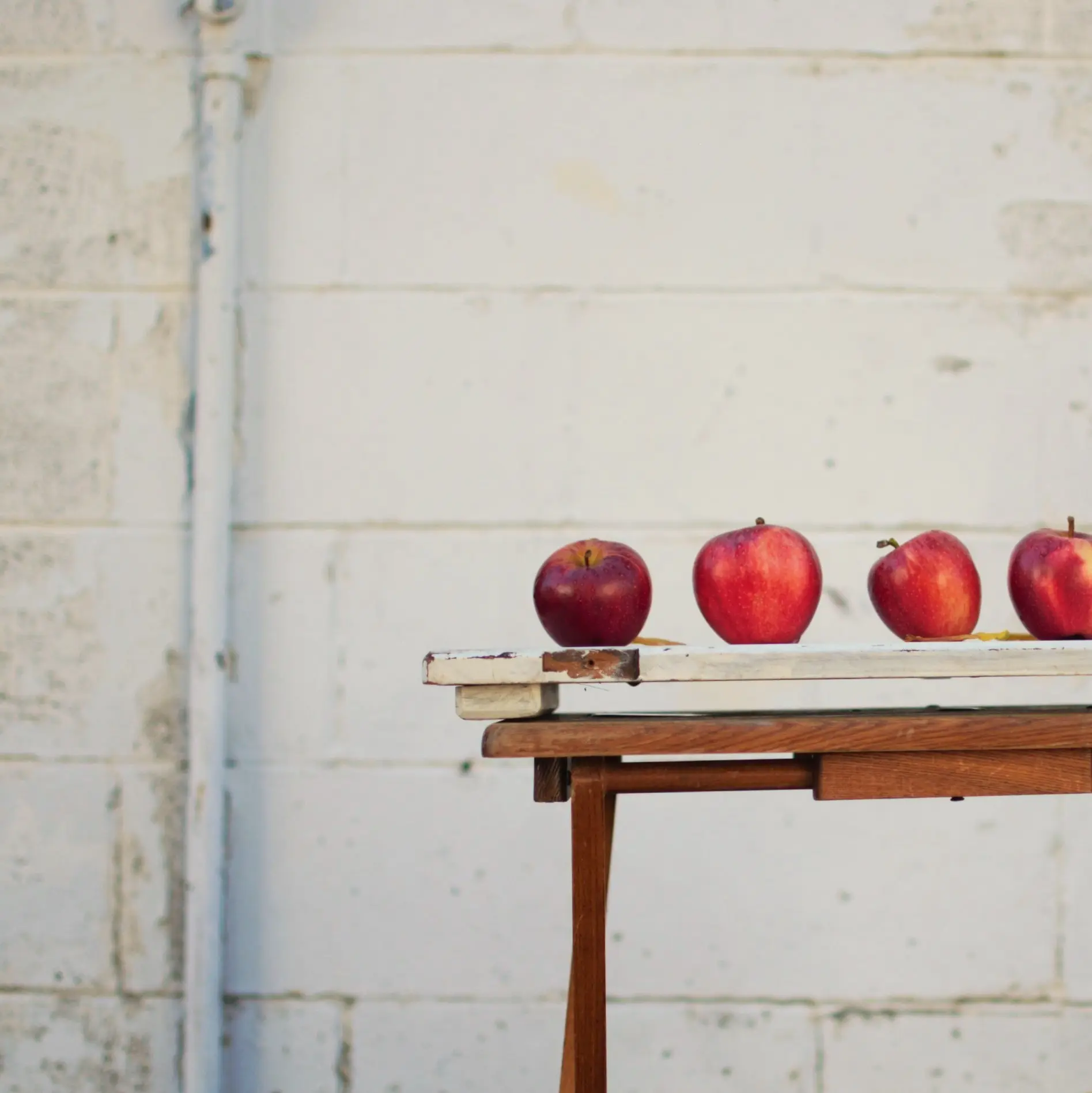A couple of years ago the Leadbetter family found themselves at a crossroad. Professors Ann and Gig Leadbetter were looking for something new, and their wildland firefighter daughters, Molly and Kate, wanted something a little easier on their bodies and were looking to move on from seasonal work. On a recent trip to Australia, Ann recognized the growing popularity of hard cider. Gig was a long time homebrewer. It seemed like the right time for all of them, things fell into place and Meriwether Cider Co. was born.
The family of four were all former wildland firefighters, and Molly Leadbetter says that the transition from firefighting to cidermaking wasn’t too difficult. They had the advantage of trying something new as a family, and firefighting was physically demanding — her parents had given it up before she was born. “Fire, I think, definitely teaches you how to work really hard and really buckle down and work really long hours,” Leadbetter says.
They recognized the start of a nationwide cider revolution and wanted to bring a little bit of that to their home base in Boise, Idaho, which at the time didn’t have much of a cider community. Meriwether was only the second cidery in the city, beginning only two short months after Longdrop Cider opened its doors. In the last two years since their opening, the Leadbetters have seen the cider spark ignite.
The cidery now produces two dozen ciders in the collection, including Pineapple Habanero, Cinnamon Smoke, Peachtree Tea, Cherry Thyme Bomb and Apricot Sage. The smaller size allows for a lot of versatility and flexibility, enabling the family of fermenters to experiment with a wide variety of flavors, an opportunity a lot of other cideries may not have.
Molly Leadbetter says inspiration for these unique flavors come from anywhere and anyone; sometimes it’s a visitor’s suggestion in their taproom or a quick search in their “flavor bible.” Some of their inspiration comes from local chefs, and they have recently started what they call a “chef series,” in which they work with the chefs to create new and innovative flavors to add to the cider line-up.
All of Meriwether’s apples are sourced locally from the Northwest, and Leadbetter says they hope to grow to the point where they can integrate more cider-specific apples — for the cider boom to spur the planting of more trees in Idaho. But they have already begun experimenting with different types of apples and recently released their Heritage Crabapple — Leadbetter’s personal favorite. “Because of the crabapples, it added a whole level of complexity to it,” she adds. “It’s got this real nice, tart, almost a sour-beer, sort-of-sour to it. But it still has a very distinct apple flavor.”
Part of the fun of cidermaking for Leadbetter is the innovation, but also being able to educate and introduce a growing beverage category. So the next move for Meriwether is to start renovations on the new cider house, with the main focus being education. “We want people to be able to come in and have no idea what cider is, and leave with a real foundation of knowledge,” she says. “To have the ability to share that with people who haven’t really been exposed to it is pretty special.”
While the cider trend in Boise is just beginning, Leadbetter says it’s more than just a fad and has big hopes for the growing industry. She finds importance in small craft cideries but has much gratitude for the big brands that paved the way. “Whenever cider is in somebody’s hand, it lifts all the boats,” she says. “So I think, us tiny guys and the bigger guys, we can all work together and develop people’s palates… because it’s all working towards this unified goal of making cider a real drink that people take very seriously.”

